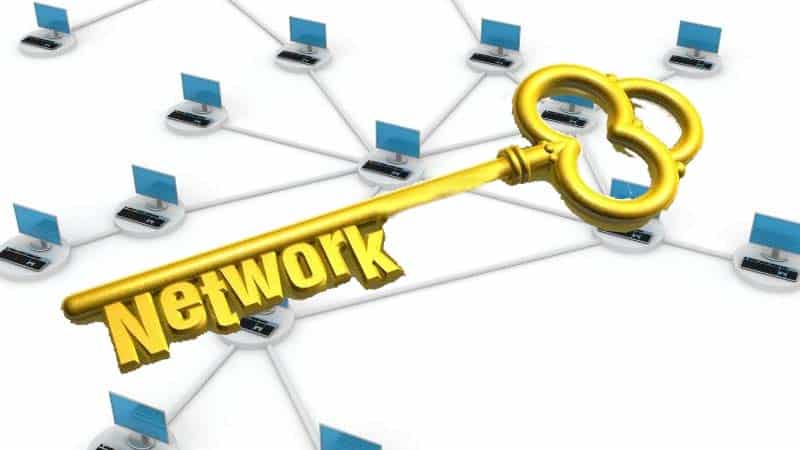Last Updated on
The rise of the internet has made users have more access to information than ever before. While there are tremendous benefits to this, including convenience, there has also been an increase in cyber threats.
The increase in technology, when it comes to the internet, has led to the increased ability for people to have credit card numbers stolen, personal files leaked, and data breaches in big companies.
Network security keys minimize this risk, helping protect those who use the internet.
What is the Network Security Key on a Router?
Put simply, a network security key is basically a password. These passwords are needed in order to access a certain network. They are put in place to prevent unauthorized access to specific networks.
For example, to connect to the Wi-Fi network in your home, you should have a password that needs to be entered in order to have access to it. This enables you to have a secure connection and prevents unauthorized access.
The same goes for any other establishments you visit, like restaurants, stores, and airports. Enabling passwords in order to gain access to networks makes it difficult for cyberattacks to happen. While some experienced hackers may still be able to get access, this is highly reduced when there is a secure network security key enabled.
Benefits Of Network Security Keys
As mentioned, network security keys help keep any digital users’ information safe and secure. Security keys have certain encryption standards which prevent hackers from being able to access any user’s information.
These keys also keep all identities hidden, preventing any hackers from being able to find out who accessed what networks and when.
Online Threats Prevented From Network Security Keys
Unsecured wireless networks are susceptible to a variety of online threats, whether it’s a home network or a business. Below are a few of these risks:
Piggybacking
Piggybacking can occur when someone is able to connect to an unsecured network when they are within range of it. This means that any neighbors could connect to someone’s network if it isn’t secure.
Users who connect to this network then have the ability to perform illegal online activities such as accessing credit card information, and other personal files.
Evil Twin Attacks
Evil twin attacks are more calculated than piggybacking. This is when users gain information on a public network in order to set up one that impersonates it. The impersonated signal is then made to have a stronger signal than the original, so users then end up connecting using the stronger network.
As users are then connected to the attacker’s network, these attackers are able to use tools in order to read the information that users send through the internet. This is especially dangerous if any online payments are completed using this network, as it can give the attackers credit card information.
The same goes for any passwords and login details for certain websites.
Final Thoughts
To conclude, network security keys are passwords or codes that need to be entered in order to gain access to a certain network.
These keys are made to be secure along with encryption standards that protect any information from users who have connected to that network.
Having a wireless internet connection without a network security key can expose users to a variety of online threats, some of which involve hackers gaining access to data and personal files, including credit card information.
Caution must also be taken when connecting to public networks, as hackers have the ability to mimic these in order to steal information.
This article has outlined the importance of network security keys, and the threats involved when they are not utilized correctly.



